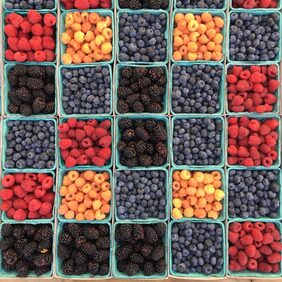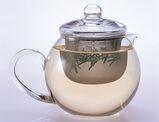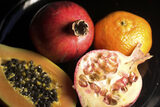By Emily Isaacson Nov 4, 2016
Q: I have low thyroid function. Is there a natural way to improve thyroid health?
A: There are several ways to improve thyroid health. The most important one is to have a high quality source of natural iodine in your diet. Iodine is often low in soil where there is not a close proximity to the ocean, and demineralization of soil where commercial agriculture is farmed over decades can also reduce our dietary intake. The best way to ensure you have iodine in your diet apart from iodized salt is to consume several forms of sea vegetables. Iodine is a trace mineral and as such does not need to be consumed in large quantities. Taking kelp capsules, or eating nori, kombu and other forms of sea vegetables on a regular basis can be quite beneficial. Consult your health professional for daily dosages or for a compatible iodine supplement.
Also consider eating organic food, as there are less toxins from pesticides and more trace minerals in the soil. Heavy metals can accumulate in the human body over time, and some, such as copper and lead, can interfere with the metabolism of trace minerals. Heavy metals are present in pesticides, as well as other sources such as mercury amalgam dental fillings. Reducing or removing these heavy metals can require special precautions and specific dietary measures. These neuro-toxins can interfere with the function of endocrine glands such as the thyroid, reducing its normal functioning. Also consider that some vegetables interfere with thyroid function if consumed in excess, such as raw cruciferous vegetables. Broccoli, cauliflower, brussels sprouts and kale are all in this family, and should be cooked if you have thyroid problems. Avoiding refined sugar can also help reduce thyroid exhaustion. Reach for a piece of fresh fruit instead, for a natural pick-me-up, and forgo the donuts.
Ask the nutritionist by sending your questions to emily@pulsenutrition.org through the end of the month. Emily is the nutritionist at the P U L S E Nutrition Clinic in Mission, B.C. www.pulsenutrition.org







